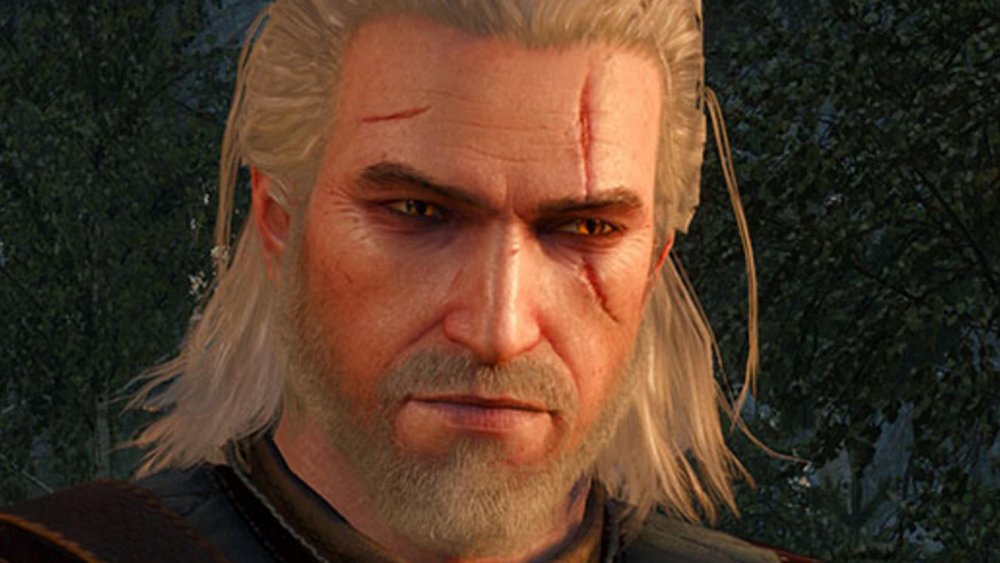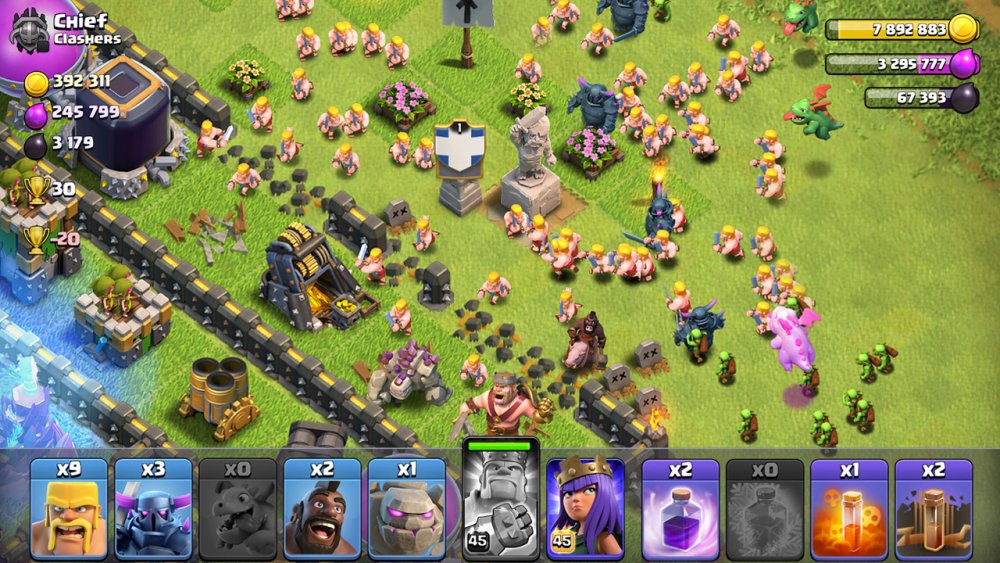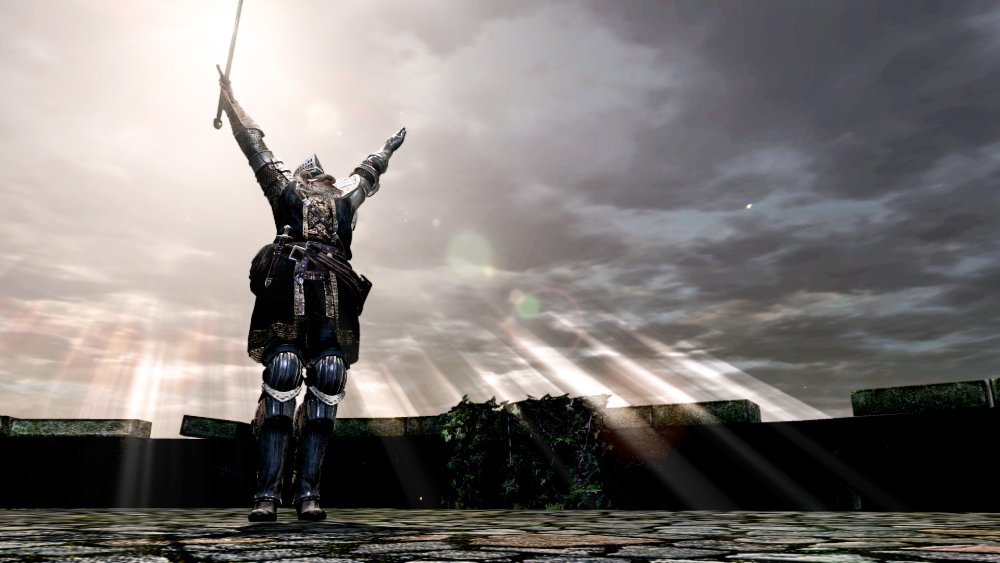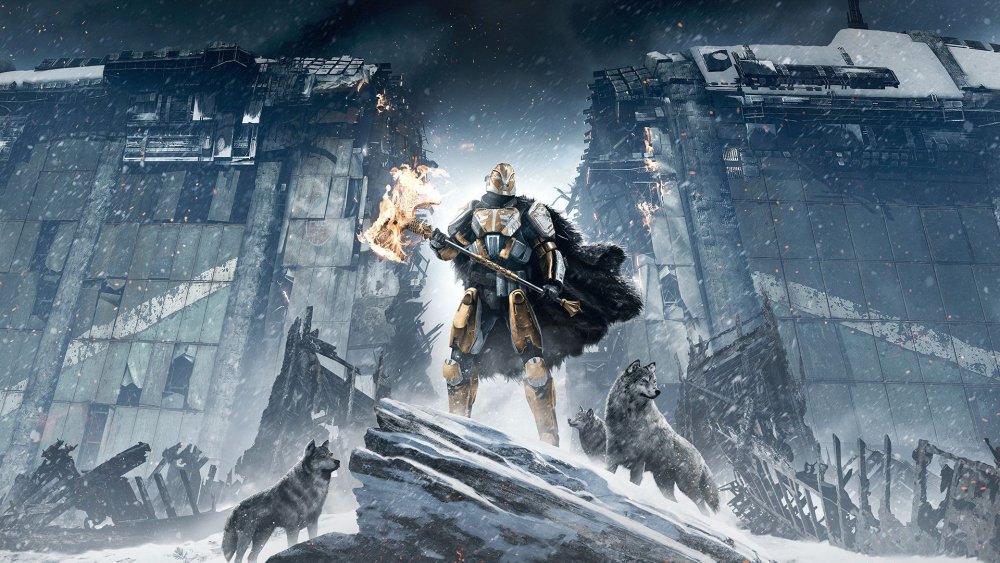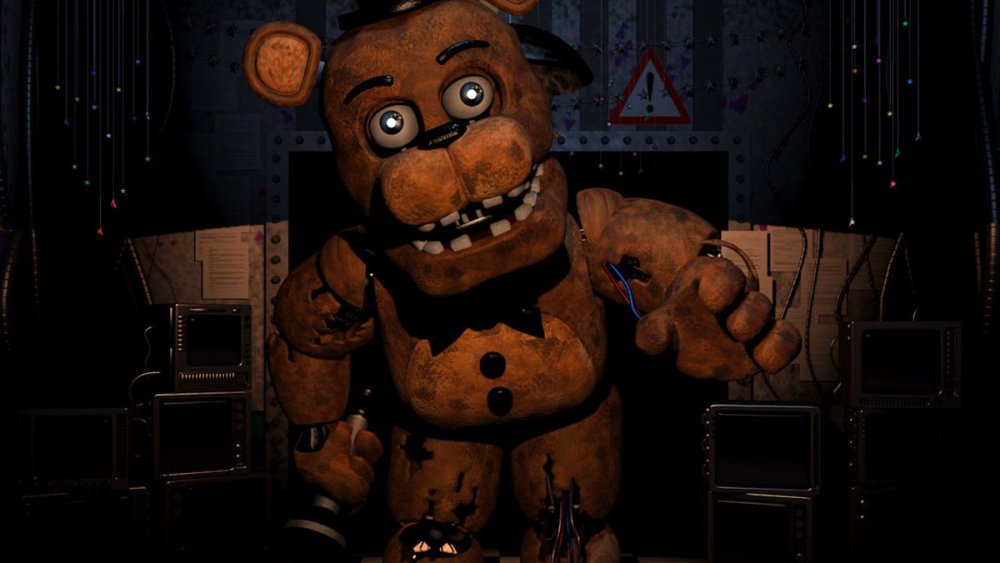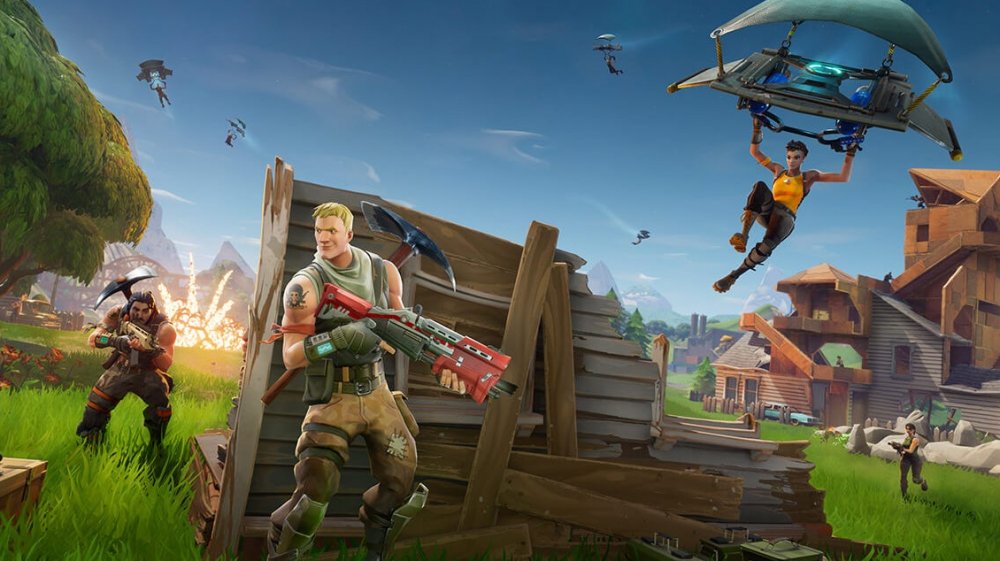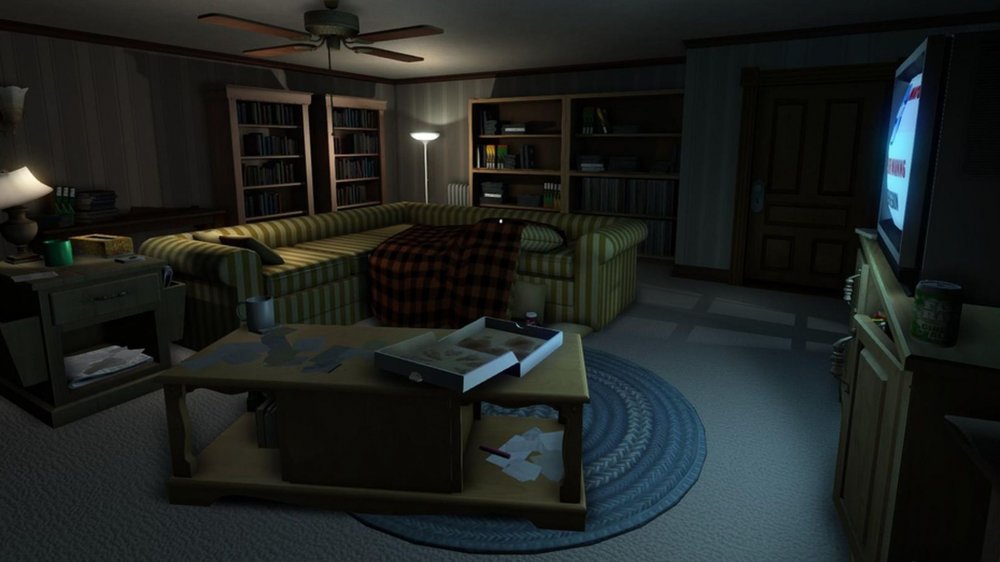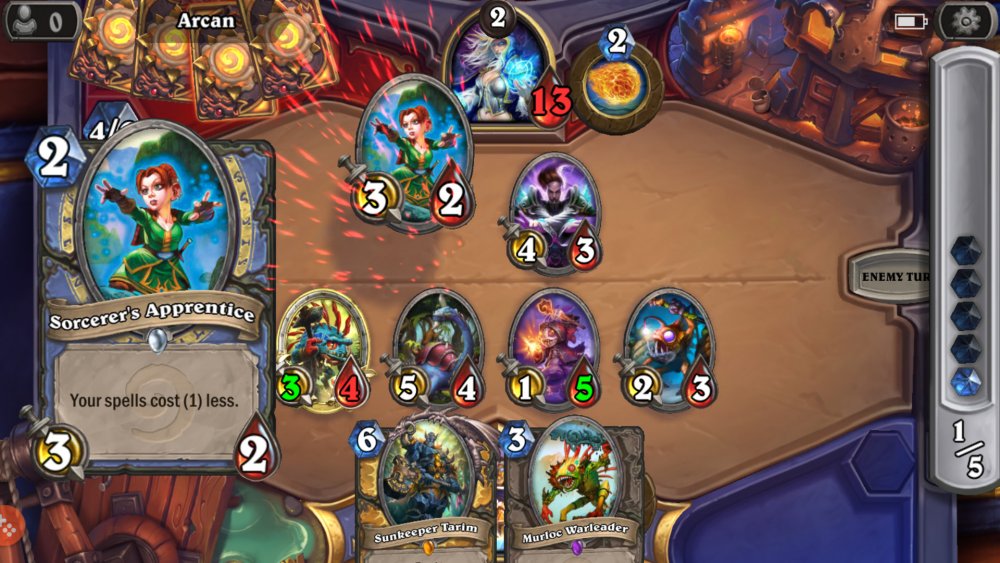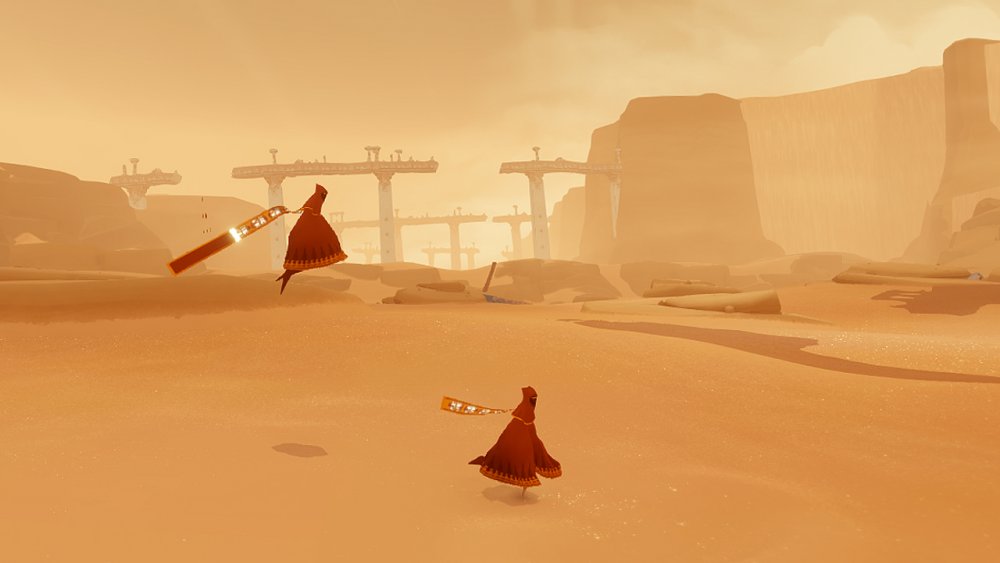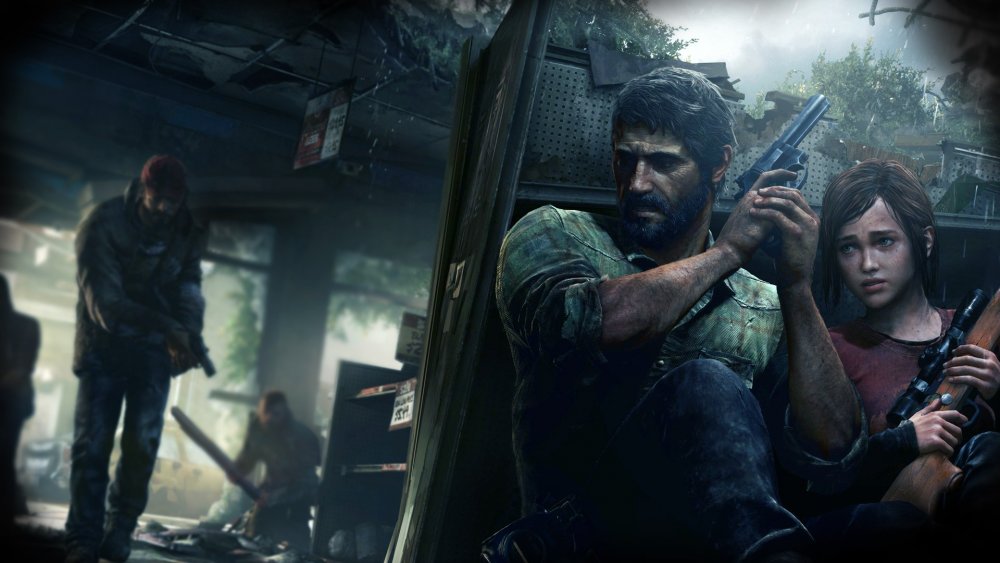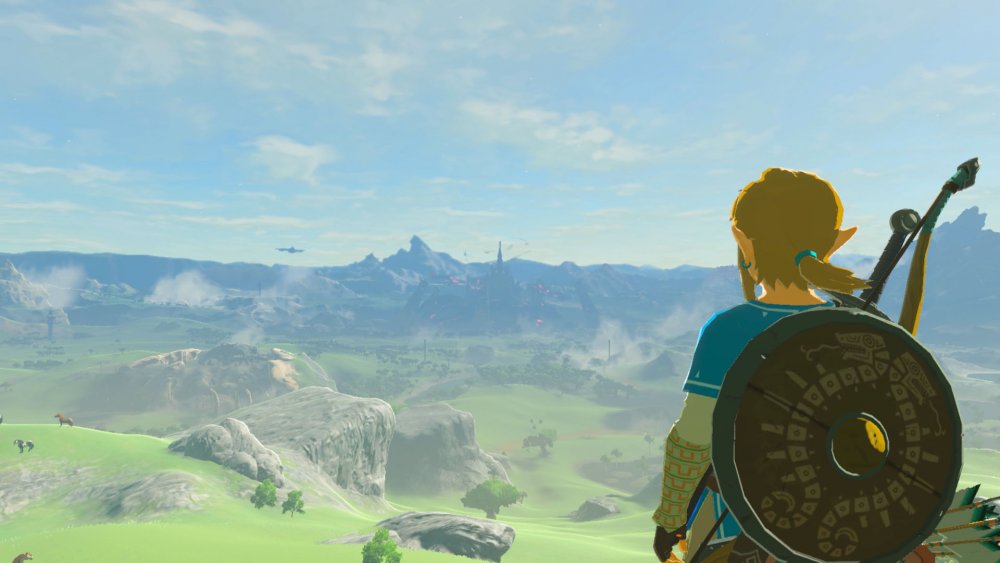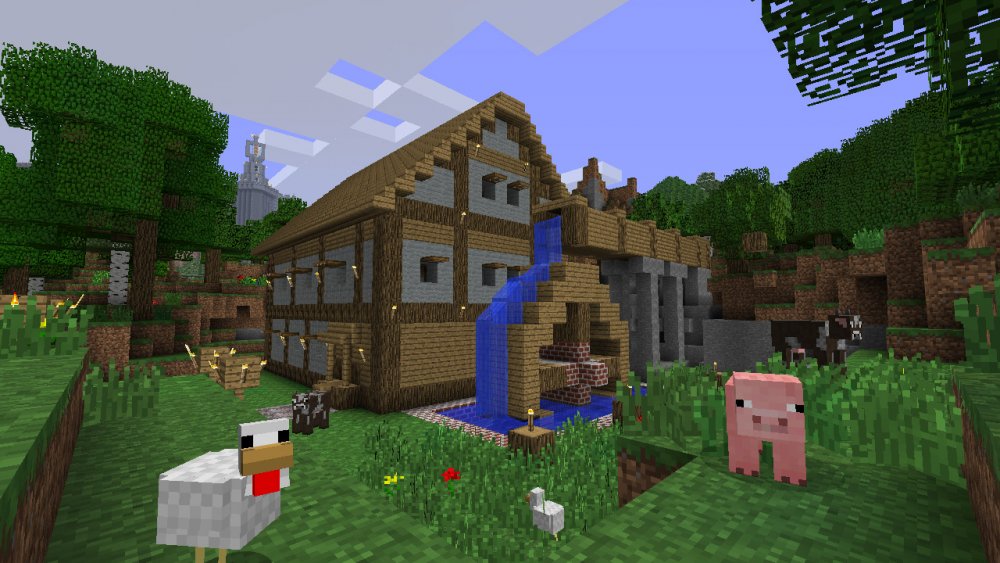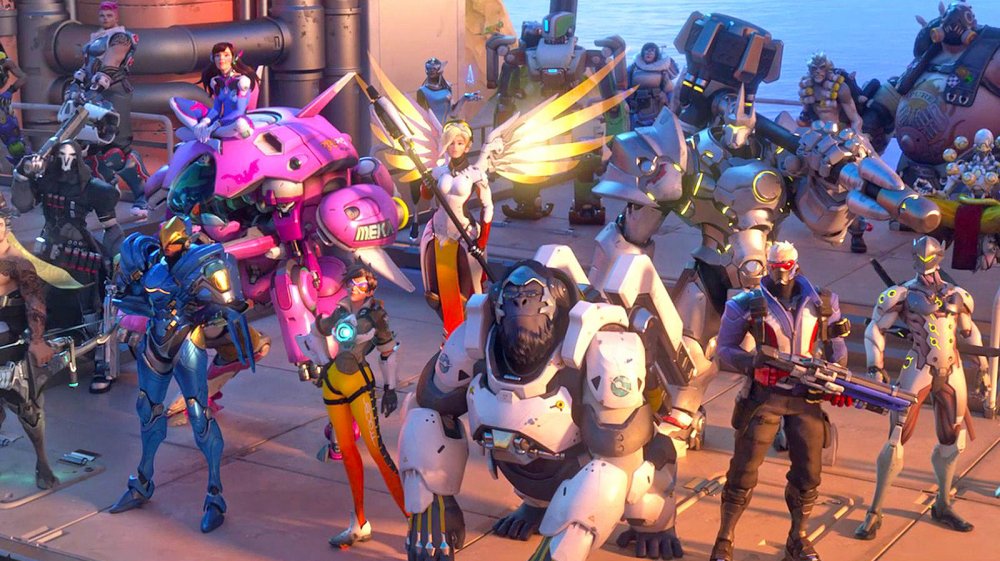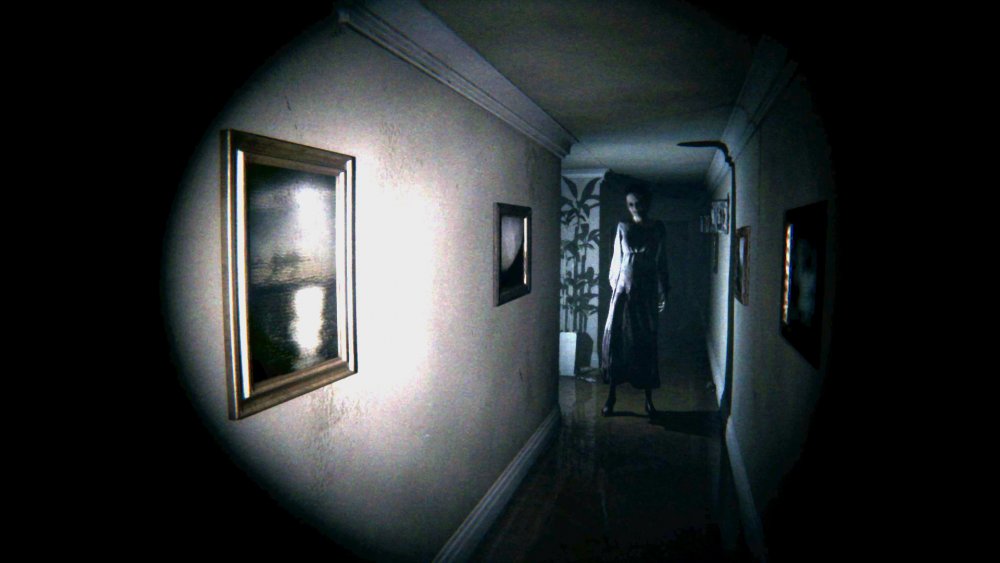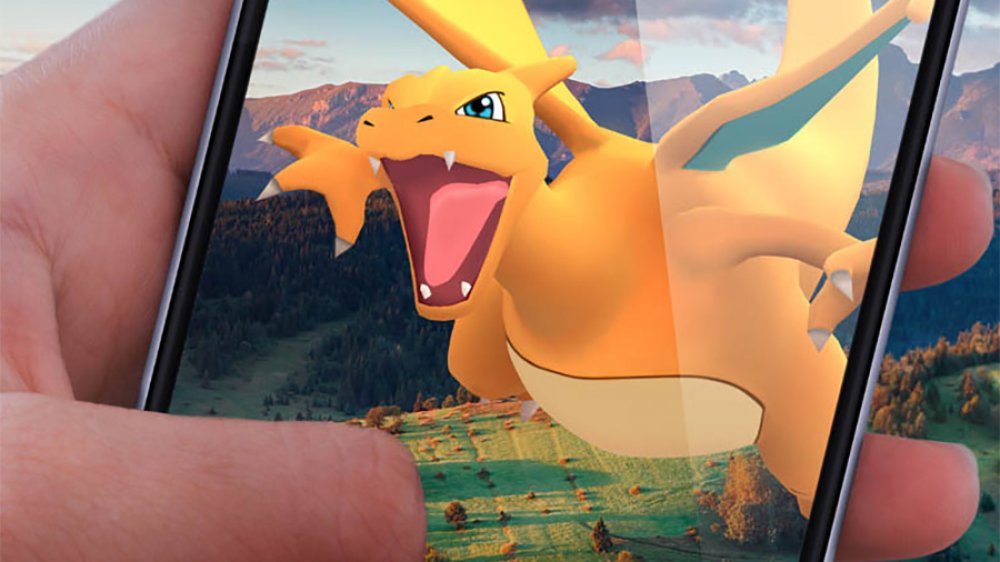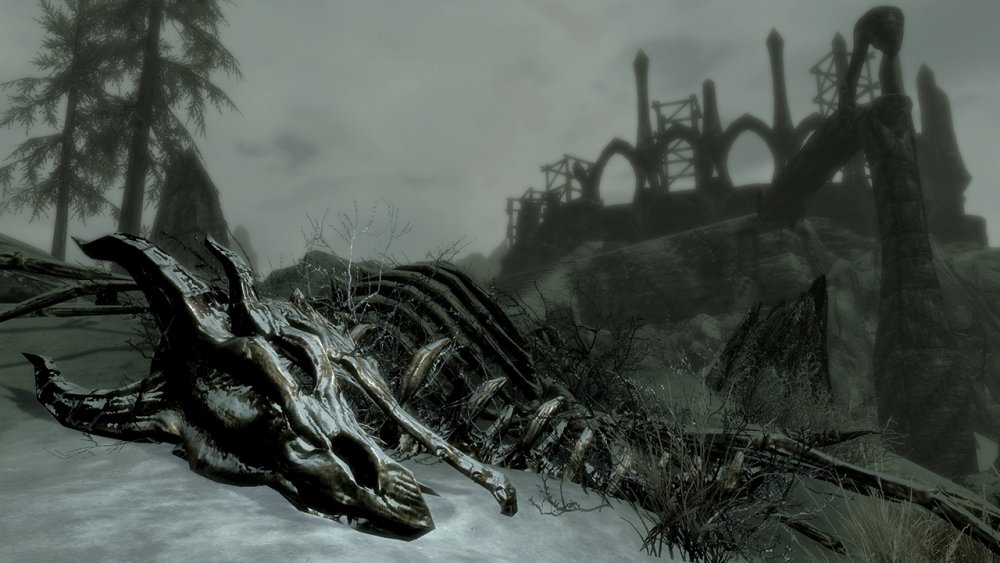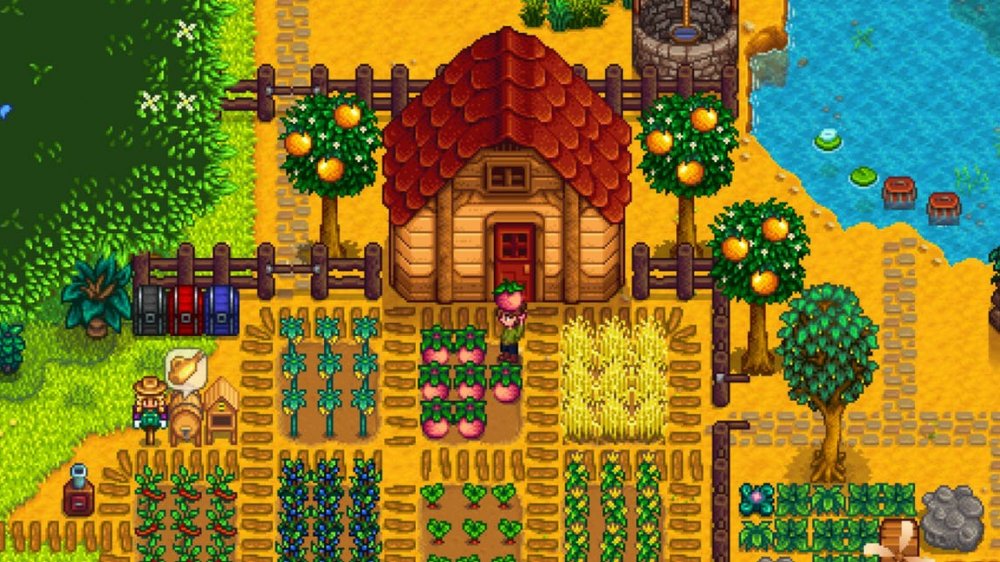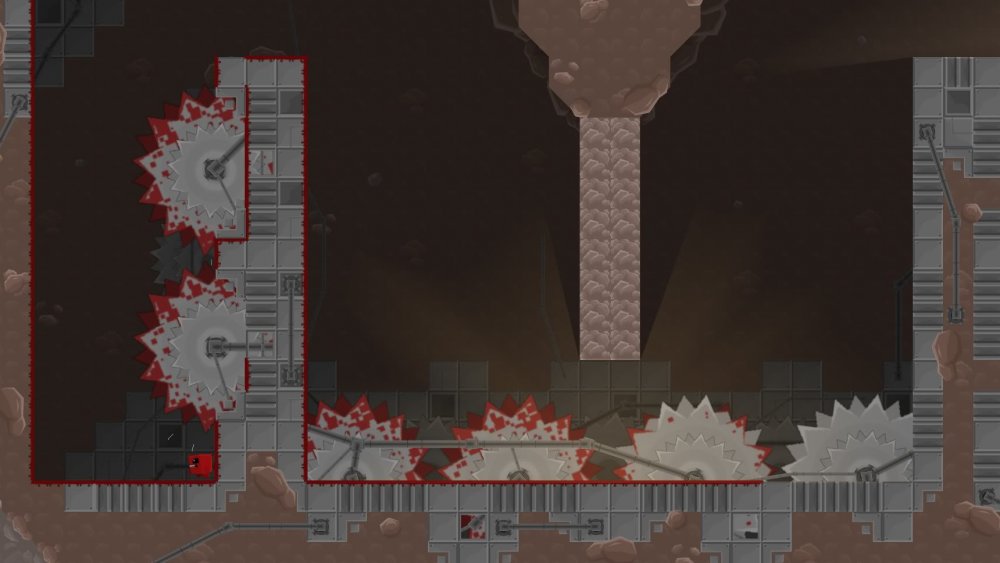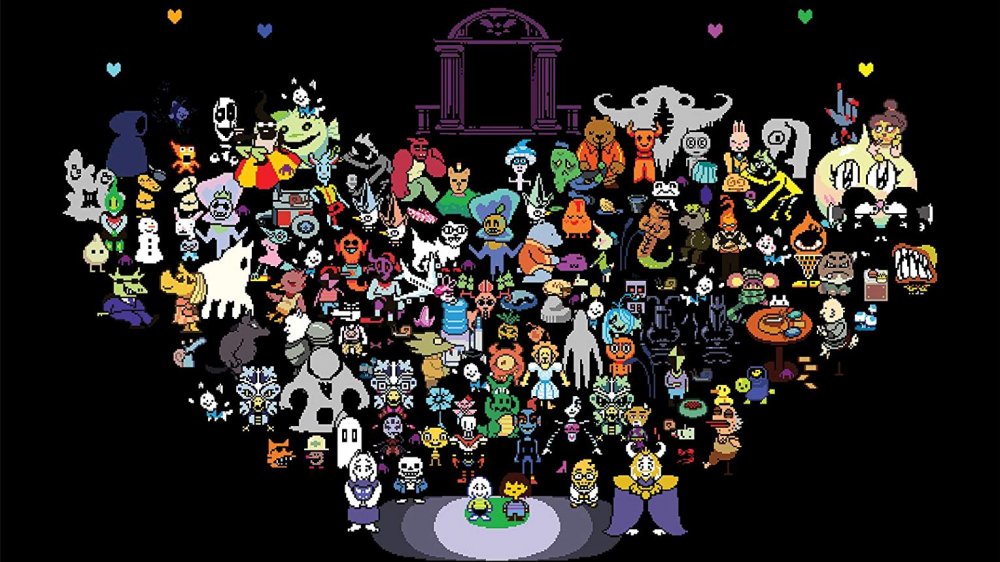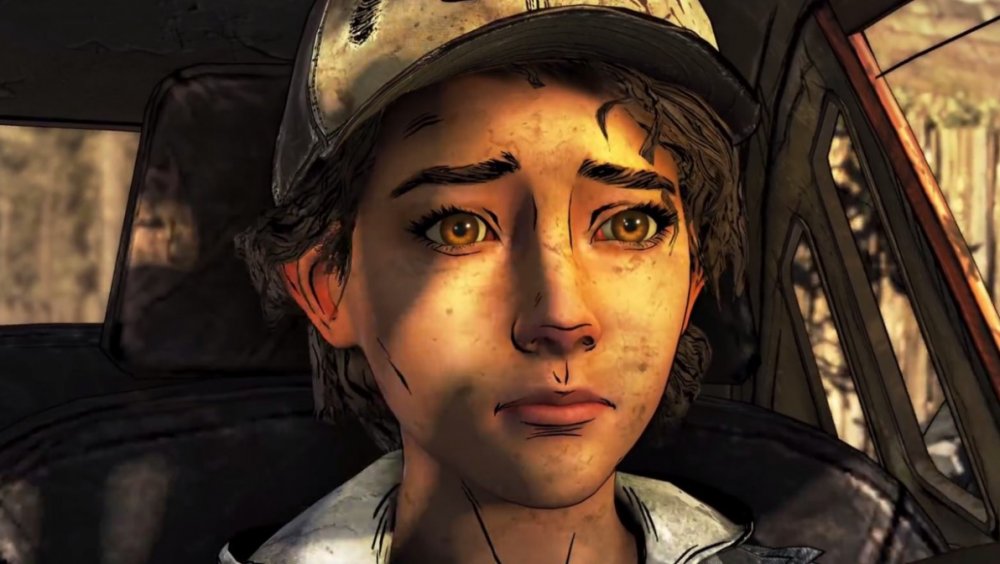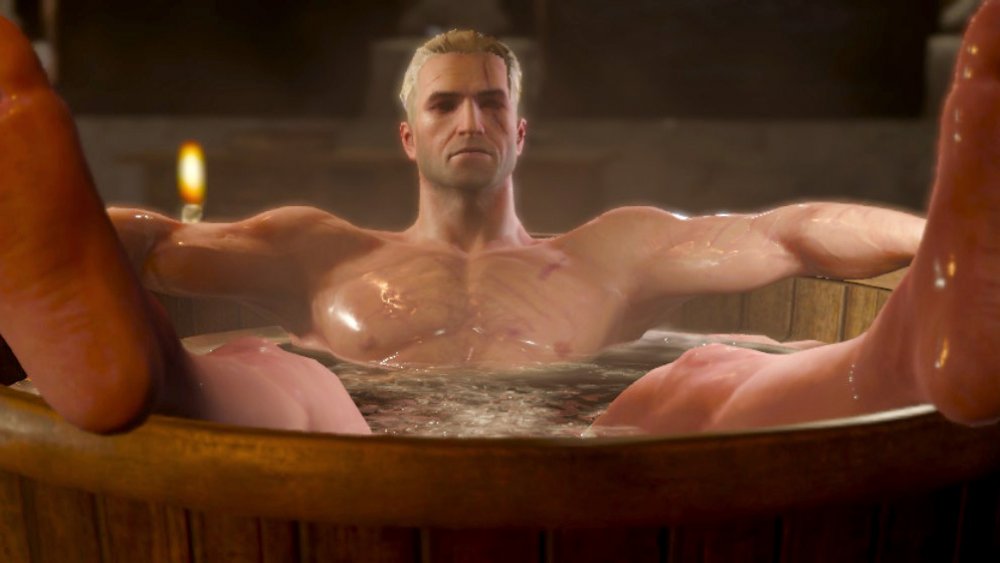20 Games That Changed Our Lives In The Last Decade
In January 2010, the decade kicked off with Mass Effect 2. Gaming never looked back. Over the past 10 years, we've seen the launch of a brand new generation of consoles, Nintendo's biggest failure (and one of its biggest hits), and the release of more great games than we can possibly count. It's been a good time.
So good, in fact, that putting together a "best of" collection is a futile effort. There's just too much worthy stuff to list all in one place. In the '10s, new genres arrived. Fandoms rose and fell. Esports came into their own, countless indie games proved their worth, and blockbuster releases became bigger and more impressive than ever.
Over the past decade, gaming changed forever. These are the titles that paved the way.
Clash of Clans
A game doesn't have to be complicated to be fun. Just look at Clash of Clans. Supercell's mobile strategy game isn't as deep as StarCraft 2 or Command and Conquer, but that's part of the game's charm. Clash of Clans is simple enough that anyone, even people who don't consider themselves gamers, can boot it up and start having fun, which is a big reason why many people spent the '10s glued to their phones. Some of those people went on to try more "hardcore" strategy games. Others didn't. That's okay. As long as more people are playing games, we all win.
Of course, not all change is good. Clash of Clans is the highest-earning game on the iOS app store, having made more than $6.4 billion in microtransactions. Tired of seeing in-game purchases pop up in your games? In large part, you have Clash of Clans (and its mobile sibling Candy Crush, which also arrived in 2012) to "thank."
Dark Souls
While FromSoftware's Demon's Souls is technically the first Souls game, it's From's follow-up, Dark Souls, that pushed the formula into the mainstream. Building on a well-established action-RPG formula, Dark Souls wowed players with its ingenious looping levels, dark and moody atmosphere, and alluringly opaque lore. Yes, Dark Souls is hard, but that's not the point. Its real draw is that, with practice and patience, you get better. Overcoming the Dark Souls foe that you've spent hours and hours studying, battling, and dying to is one of gaming's most sincere pleasures. That you get to do it while exploring an expertly realized world? All the better.
In fact, Dark Souls proved so popular that a whole host of imitators followed. Not only did FromSoftware make two sequels as well as Bloodborne and Sekiro: Shadows Die Twice, but other companies have given us "Souls-likes" like Nioh, Code Vein, Ashen, and more. Look, when an entire genre is named after a single franchise, you know it's done something right.
Destiny
Destiny picked up right where the MMORPGs of the '00s left off. Before, games like World of Warcraft were where you'd go to team up with other players and grind for weapons. Destiny brought that same experience to action games. Before Destiny, most players jumped from game to game. After Destiny, they didn't have to. By providing a satisfying shooting experience, regular updates, and a never-ending supply of guns, Destiny transformed nightly gaming sessions into a full-time job. Bungie's newest franchise proved that, long as players have enough things to do — and a never-ending supply of loot to earn — they'll never put your game down.
Destiny's formula has been refined and improved by games like Warframe, The Division 2, and Destiny's own sequel, but it's the original game that started the trend. Ignore the shoddy dialogue, the nonsensical plot, or the infuriating design decisions. Destiny is important. The rise of games-as-a-service started right here.
Five Nights at Freddy's
Before Five Nights at Freddy's, Scott Cawthon was ready to quit game development. Fortunately, he decided to take one last shot. After one critic complained that his "cute" characters looked scary, Cawthon decided to see what would happen if he tried to make something truly horrifying.
Boy, did it pay off. First came the jump scares, which provided fodder for YouTubers to make fools of themselves (and rake in the clicks). Next came the intentionally ambiguous lore, which spawned countless fan theories and kept fans engaged. Finally, Cawthon's quick and unpredictable release schedule — Cawthon made nine games in five years, many of which arrived as a complete surprise — kept the momentum going.
Now, there are three FNaF spin-off novels. McFarlane Toys' FNaF merchandise is the company's best-selling product line ever. And there's even a theme park attraction and a movie on the way. From game industry burn-out to head of a one-man media empire? That's not just impressive. It's the best feel-good story of the 2010s.
Fortnite
Only a few games become legitimate cultural phenomena. Fortnite is one of them. Fortnite made Twitch (and now Mixer) streamer Ninja one of the biggest celebrities in the world. It made "Battle Royale" a household name. It has been played by everyone from Drake to Ellen, and it attracts more viewers than most prime-time TV shows. Need more proof? Turn on the TV or head to a public event and see how much time passes before you see someone flossing. Spoiler: it won't be long.
That's not bad for a game that started as a PUBG knock-off tacked on to a completely unrelated survival game (which, incredibly, is still in early access). Not that Fortnite was ever just about the battle royale, of course. Fortnite is a social space. It's a place to express yourself creatively. It's a spectator sport, an interactive story, the birthplace of a new business, and more. It's Fornite. It changed the gaming world forever.
Gone Home
By this point, nobody needs to argue that games are art. They're creative endeavors. Of course they're art. Still, in 2013, some people weren't convinced. Gone Home helped change their minds. The Fullbright Company's interactive narrative title doesn't have much in the way of action — in the game, you just walk around a house and look at the things you find — but that doesn't make its story any less emotional or its world any less compelling.
Gone Home is a masterclass in environmental storytelling, using everyday objects to weave a powerful narrative, and helped pave the way for other narrative adventures like The Stanley Parable, Firewatch, and What Remains of Edith Finch. Critics derisively call Gone Home and its ilk "walking simulators," but they really just provided a new format through which games can tell stories. Games don't need conflict to be interesting. Gone Home proved it.
Hearthstone
Hearthstone, Blizzard's card-based, free-to-play World of Warcraft spin-off, was a hit almost immediately. It's easy to see why. Strategically, Hearthstone is the epitome of "easy-to-learn, hard-to-master." Keeping track of the meta and devising expert strategies can become quite complex, but it doesn't take much to jump in and play.
As such, Hearthstone was instrumental to the rise of game streaming as a legitimate form of entertainment, and it remains one of the most-watched games on Twitch today. It's spectacularly easy to follow. Unlike most other competitive titles, Hearthstone doesn't jump between cameras or require any pre-knowledge of the mechanics. Everything you need to know is right there on the screen. That makes Hearthstone an excellent esport: Not only can you learn new tricks by watching experts, but if you want to give it a try, there's no barrier to entry. Heck, you don't even need a computer; Hearthstone plays great on mobile. It's both casual and hardcore. It's for everyone.
Journey
Braving online multiplayer with randoms can be a harrowing experience. Your opponents want to grind you into dust. Your teammates rely on you for victory. Make a mistake and you haven't just lost the game for your team: you've given complete strangers an excuse to bombard you with abuse over your headset.
It doesn't have to be that way. In Journey, it's not. Multiplayer is the heart of the Journey experience, and yet it's remarkably stripped down. You can't really talk to other people. You can only communicate via an ambiguous chime. You collaborate instead of compete in a shared journey to reach a distant mountain. As you venture together through Journey's painterly landscapes, you never even learn each others' names. It doesn't matter. Somehow, Journey forges everlasting bonds between players, creating an emotional experience you'll never forget. Multiplayer is capable of much more. Journey shows the way forward.
The Last of Us
Sony's big prestige games — Uncharted, Spider-Man, God of War, and so on — follow a simple pattern. Flashy action scenes and high-tech setpieces pull you into the world, while the story itself unfolds via cinematic cutscenes. It's a winning formula, and one that The Last of Us executes perfectly. You can argue that The Last of Us' narrative isn't interactive enough, or that the post-apocalyptic don't-call-them-zombies plotline isn't that original, but you can't deny that the story is expertly told.
In large part, that's because of Troy Baker and (especially) Ashley Johnson, whose winning performances make Joel and Ellie feel more real than any video game characters before or since. But it's also just a well-made piece piece of entertainment. At times, The Last of Us might feel like more of a theme park ride than a game, but that doesn't matter. It'll make you cry anyway.
The Legend of Zelda: Breath of the Wild
Nintendo gets a lot of flack for recycling the same old formulas, but Breath of the Wild didn't just refine Zelda: it upended the franchise entirely. Bite-sized shrines replaced long, winding dungeons. Strictly defined puzzles gave way to open-ended situations with multiple solutions. Before, you were constricted by design. In Breath of the Wild, your imagination is the only limit.
Most importantly, however, Breath of the Wild moved the series' focus from puzzle-solving to exploration. There are secrets hidden everywhere, so you're always rewarded for taking risks. Breath of the Wild's various systems interact in surprising (but never confusing) ways, encouraging you to experiment (nearly three years after release, people are still discovering new techniques). Heck, just traversing Hyrule's varied terrain is fun. The Legend of Zelda: Breath of the Wild revitalized Nintendo's best franchise (yeah, we said it — sorry, Mario) and completely changed the way we look at gaming worlds. After Breath of the Wild, other open-world games just aren't going to cut it.
Minecraft
Minecraft isn't just the most important game of the decade. It's one of the most important games ever made. It's the best-selling video game of all time. Over 112 million people play Minecraft every month. It launched the careers of countless YouTubers and streamers, spawned its own myths and urban legends, and made game modding a legit and profitable career.
Even better, Minecraft did all that by celebrating creativity, not competition. While Minecraft's survival aspects spawned countless clones, its biggest strength is that it encourages people to express themselves. Want to make a house, or a castle, or a spaceship? What about a Hunger Games simulator, or a working computer, or the entire planet Earth? You can do all of it and more. Ultimately, Minecraft's biggest strength is its players' imaginations. Minecraft gives you the tools, but it's up to players to make their own fun — and boy, have they ever.
Overwatch
Blizzard has always been at the forefront of the esports scene — Starcraft 2 kickstarted the whole esports phenomenon, while the entire MOBA genre started as a Warcraft 3 mod — but Overwatch pushed everything to a new level. Not intentionally, of course. Overwatch wasn't initially developed with esports in mind, and players flocked to it because of its colorful characters and satisfying gameplay, not its competitive potential.
Once Overwatch was a hit, though, all bets were off. Blizzard didn't just organize competitions. It put together an entire league that's structured after regular professional sports clubs. In the Overwatch League, cities have their own teams to root for. Players receive guaranteed annual salaries (not just a share of tournament winnings) and can be traded, just like in the NFL and MLB. Merchandise is one of the OWL's key revenue drivers. It's a whole new way of doing esports — and so far, it's paying off swimmingly.
P.T.
The most infamous horror game of the '10s isn't even a full game. It's just a "playable teaser." When P.T. dropped on Aug. 12, 2014, nobody knew what it was. All they knew was that it was scary as hell. Simply walking through a series of hallways doesn't sound frightening at first, but when it's brought to you by Hideo Kojima and Guillermo del Toro, you better believe that things get weird fast.
And then, of course, everything blew up. The game that P.T. was supposed to tease, Silent Hills, was cancelled as the relationship between Kojima and his publisher, Konami, fell apart. Eventually, Konami pulled P.T. from the PlayStation Store entirely. Now, unless it's already installed on your PlayStation 4, it's impossible to play. That lack of access hasn't hurt P.T.'s legacy, though. If anything, the disappearance transformed P.T. into a digital ghost story. It's an urban legend — something you'll hear about but never experience for yourself. For a horror game, we can't think of a more fitting legacy.
Pokémon Go
Remember that summer in '16 when everyone was glued to their phones? Of course you do. With Pokémon Go, Niantic delivered on a very specific fantasy: For the first time ever, you could head outside and capture Pokémon in the real world. Sound like fun? Oh, it is, not to mention quite addictive. In a little more than 60 days, Pokémon Go was downloaded 500 million times, and made over $500 million dollars. Players spent countless hours trekking from Pokestop to Pokestop. Some even trespassed on private property and walked off of cliffs in their attempts to catch 'em all.
Along the way, Pokémon Go also proved the viability of both augmented reality gaming and also location-based social play. Yes, Pokémon was the perfect property to bring AR to the masses, and fits with Niantic's platform better than, say, Harry Potter or Settlers of Catan. Still, Pokemon Go shows AR can work. The next big thing is just a matter of time.
Skyrim
Big, open-world, go-anywhere, do-anything-style RPGs had been done before. Heck, Skyrim developer Bethesda made a bunch of 'em. However, they'd never been this big or this open, with quite so many places to go or things to do. Skyrim doesn't just send you on a quest. It drops you into the middle of a fully realized fantasy world and sends you forth to make your own adventures.
It's the kind of game that you can spend hundreds, if not thousands, of hours playing, but that's only half the story. Skyrim is also the single-best showcase for the power of gaming's modding community. Basic Skyrim is very good. With fan-made mods, it's great — and hilarious, and terrifying, and everything in-between. Thanks to modders, there's more Skyrim out there than you could possibly enjoy, and it's never looked better. If you like this sort of RPG, Skyrim is the last game you'll ever need.
Stardew Valley
Can one man change the world? Stardew Valley makes a pretty good case. Over the course of four years, Eric "ConcernedApe" Barone crafted Stardew Valley from the ground-up. He did everything. The programming. The art. The music. The writing. All of it.
All of that hard work paid off. Stardew Valley might be inspired by the Harvest Moon series, but it transcends its source material in almost every way. In Stardew Valley, running a successful farm is just the beginning. You can also dive into dungeons to fight monsters and gather loot, romance local villagers, discover the village's secrets, help solve your neighbors' problems, and bring hope back to a struggling rural community.
It's charming, addictive, and undeniably special, not to mention a fitting tribute to human ingenuity. Barone built something great from scratch. When you boot up Stardew Valley, you're encouraged to do the exact same thing.
Super Meat Boy
As we head into the 2020s, the 2D platformer is alive and well. We have Super Meat Boy to thank. A decade and a half after Mario and his ilk transitioned to 3D, Super Meat Boy showed that there's still life in one of gaming's oldest genres, helped establish the speed-running scene, re-ignited peoples' passions for retro-style games, and proved that players wouldn't shy away from a challenge a year before Dark Souls arrived.
Most importantly, however, Super Meat Boy was also instrumental in kicking off the indie game boom of the early '10s. As documented in Indie Game: The Movie, nobody knew back in those days if indie games could compete against triple-A titles. Well, because of Super Meat Boy and its peers, there are now more indie games than we could ever hope to play. That's not great for those of us short on spare time, but it's great for everyone who wants an alternative to ultra-polished, AAA fare. Thanks, Super Meat Boy.
Undertale
It doesn't seem like taking a genre that's all about killing and using it to make a game that encourages pacifism should work, but Undertale did just that. Almost too well. Toby Fox's indie RPG, which evokes 16-bit role-playing games like Earthbound and Super Mario RPG, is charming, heartfelt, and wildly innovative. It earned itself many fans.
Like, legions of them. Undertale's enduring legacy won't be the game itself. It'll be the community that Undertale created. Undertale memes, and fan art, and videos are all over the internet. When there's a poll for the best games of all time, you can rest assured that Undertale fans will flock to the voting booth to do their part. Undertale fans are loud and passionate, and while they're not always as friendly as Undertale's pacifist undertones would have you believe, they're a testament to how art can bring a group of disparate people together. It's Undertale's world. We're just living in it.
The Walking Dead
By taking the point-and-click adventure games of the '90s, chucking out the obtuse puzzles, and doubling down on story, Telltale Games did something special: it made a video game that made you care. Sure, The Walking Dead name probably helped it get attention, but by the end of the series' first installment, players were invested in Clem's journey all by itself.
And that's despite the fact that The Walking Dead isn't really any different from a Choose Your Own Adventure novel, except better written. So what? Choice — or, in some cases, the mere illusion of choice — was enough to draw players into the narrative. Once they were invested, Telltale knew that they'd form deep emotional bonds with The Walking Dead's characters, and used that to craft one of the most harrowing and heartbreaking stories video games have ever seen. Telltale may be gone, but we'll never forget how The Walking Dead made us feel. It's that good.
The Witcher 3: Wild Hunt
In many ways, The Witcher 3 is like a mash-up of all the biggest trends of the '10s. Like exploring big open worlds? The Witcher 3 has one of the biggest, and it's chock full of interesting secrets to uncover. Play games for their stories? The Witcher 3 forces you to make some excruciating choices, and it always delivers satisfying — if usually unpleasant — narrative pay-offs. It has meticulous combat. It has gorgeous graphics. It even has a Hearthstone-style collectible card game. And yet, somehow, The Witcher 3 also manages to be more than the sum of its parts. If you like video games, The Witcher 3 has something you're sure to like.
All that, and The Witcher 3 made Geralt a star. Sure, the Witcher from Rivia had appeared in games before, but The Witcher 3 made him into an icon that stands alongside the likes of Mario, Sonic, Master Chief, and Solid Snake. Netflix's upcoming Witcher series might be based on Andrzej Sapkowski's novels, not the game, but would it really be around without Wild Hunt? Yeah, we think not.

